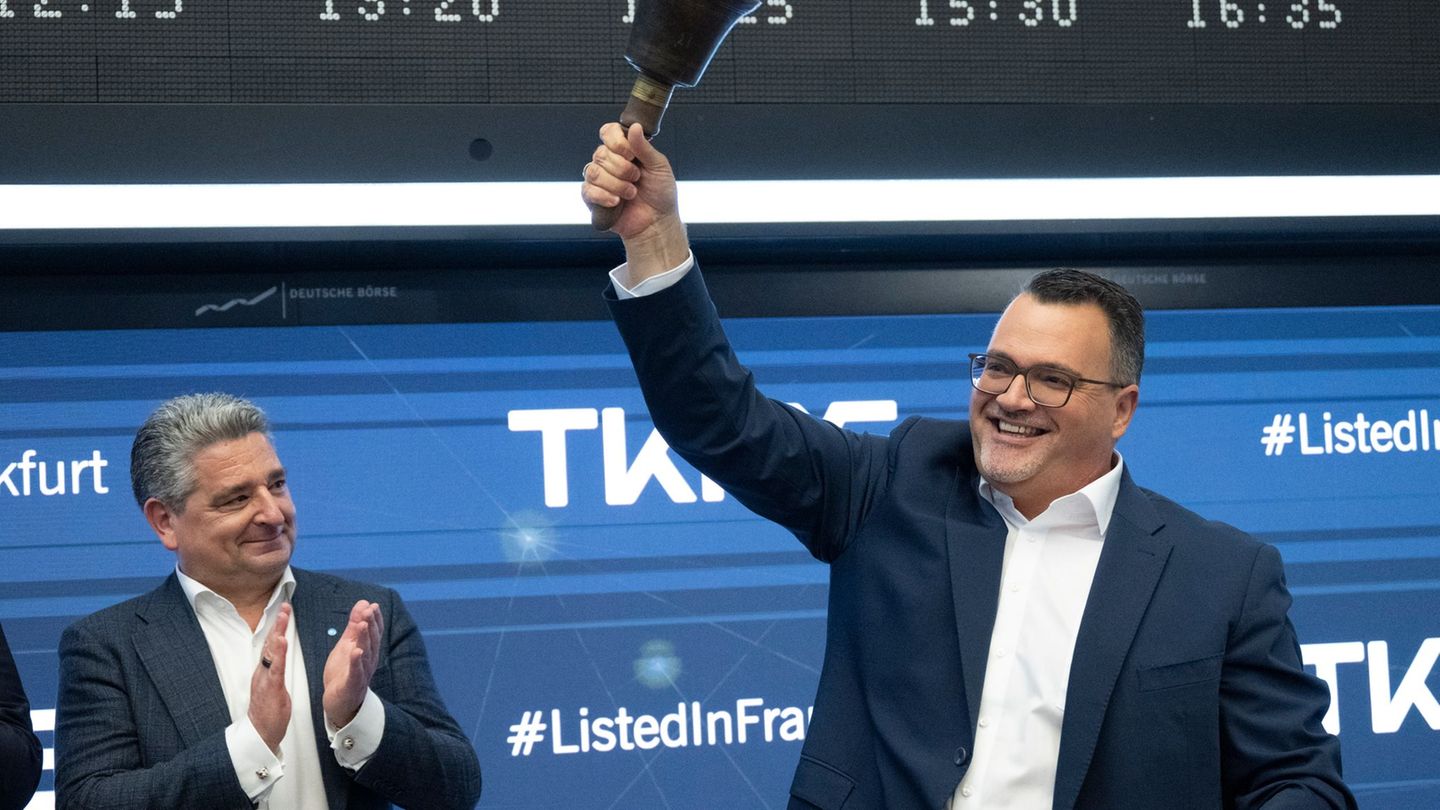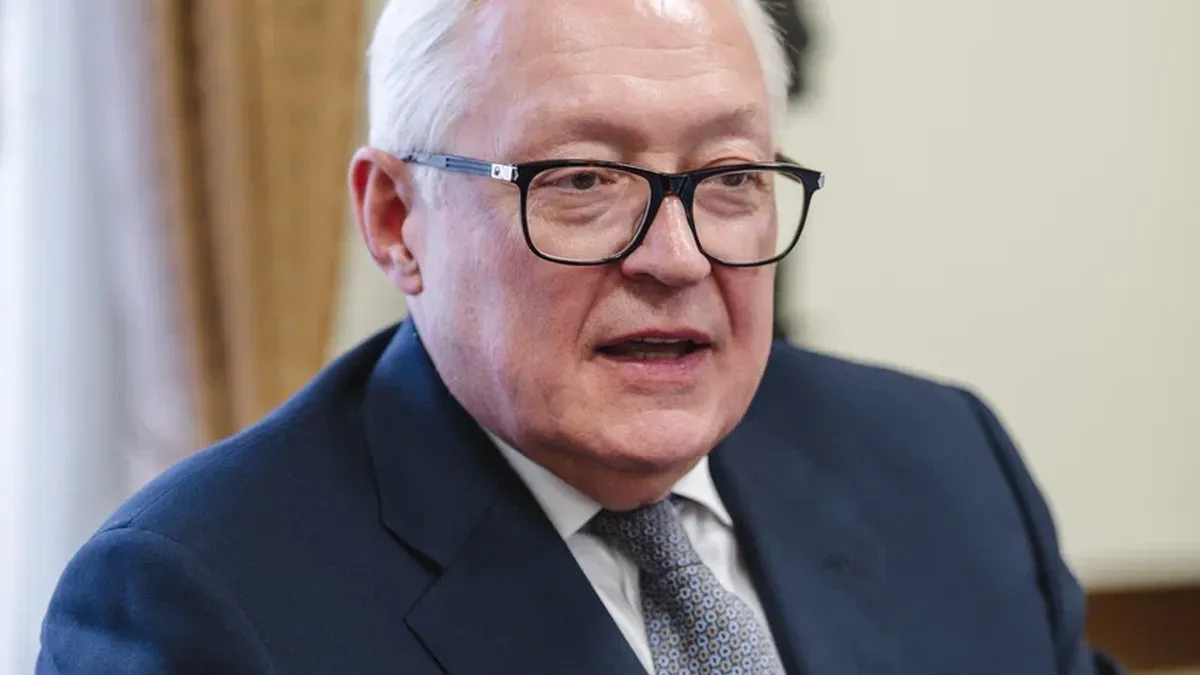The National Securities Commission (CNV) took a first step in enabling the operation of cryptocurrencies in the domestic capital market, as happens in Wall Street with spot Bitcoin ETFs. In an extensive regulation published in the Official Gazette this Wednesday, a significant change was made official in the regulation regarding investment funds established abroad and their public offering in the local market.
The official text also established the repeal of certain previous provisions and the implementation of a new regime that regulates the public offering of foreign investment funds, which includes Exchange Traded Funds (ETFs) in the Argentine market. The regulations require that this offer be made exclusively through Common Investment Funds (FCI) registered with the National Securities Commission (CNV).
It also introduces specific exceptions for Cedears representative ETFs that replicate widely disseminated indices and meet certain liquidity requirements. In addition, a transitional regime is established to provide legal certainty to already authorized Cedears programs.
As stated by the Argentine market regulatory body, the initiative follows the trend of international markets and “aims to increase the offer of FCI alternatives” (Common Investment Funds). It is worth remembering that, until today, those who wanted to access the crypto market had to use exchanges, but now, they will be able do it directly in the capital market through a stockbroker or a Settlement and Clearing Agent (ALyC). This integration has the potential to bring greater volume and depth to the market, by increasing liquidity and improving transparency in operations.
The president of the National Securities Commission (CNV), Roberto E. Silvanoted with satisfaction that, after six years of the approval of Law 27,440 and its public consultation through RG 765, it is a pleasure to announce new investment alternatives contemplated in this innovative legislation.
The key points of the regulations
The regulations allow three investment options:
- In ETFs that passively replicate widely disseminated indices on equities, virtual assets or raw materials.
- In international assets without the 25% limit.
- In local assets, expanding the limits of diversification.
The last two options will be aimed only at qualified investorswhile the first two can only be subscribed in foreign currency deposited abroad. In addition, the creation of Cedears ETFs that meet the requirements indicated in the first option is authorized.
It happens that, by forcing the public offering of foreign funds to be carried out through local FCIs, the aim is to guarantee a higher level of supervision and control over these products, in order to reduce the risks for investors.
Therefore, from now on, the public offering of foreign investment funds, including those that back Argentine Deposit Certificates (CEDEAR), must be carried out through FCIs constituted and registered in Argentina. This means that Argentine investors who wish to access these funds must do so through local investment vehicles, subject to stricter regulation.
The economist Elena Alonso explained to Scope that now “it will be possible to buy Cedears from these ETFs and there will also be special investment funds for qualified investors (who are those who have the most experience and assets in the market) and the share quotas will also be able to be subscribed to by non-qualified investors.” “Qualified investors are those who have greater experience or assets in the market.
However, an exception is established for ETFs that passively replicate widely disseminated indices (such as the S&P Merval), as long as these indices refer to equities, virtual assets or raw materials. These ETFs can be used as Cedears underlying.
Likewise, the official text contemplates a transition period for those already authorized certificate programs that invest in actively managed funds. This is done with the objective of providing legal certainty to issuers and protecting investments made under the previous regulatory framework.
The magnifying glass under the new instruments
Gaston Lentiniinvestment advisor, comments in statements to this medium that the measure is a step towards a freer market with more options for investors. However, he rules out fixed-income assets landing in the Buenos Aires market, since in that case they would act against those already existing in the local market, to cite an example: “if we bring an ETF that invests in treasury bonds American and yields 4.5%, who would invest in a Pampa bond that pays 5%?”
Regarding the crypto world, Lentini maintains that “it is another universe” and estimates that it will be doubly beneficial for the most risky investors, by having more options for “trades and capital placement”, enriching the offer and possibilities while At the same time, “it can serve to ward off the thousands of scammers who lurk daily.”
Finally, the advisor remembers that in Argentina “half of the economy is unregistered and that favors fraud, ponzi schemes and offers that unfortunately end in taking people’s money by appealing to their greed and ignorance.”
Source: Ambito




